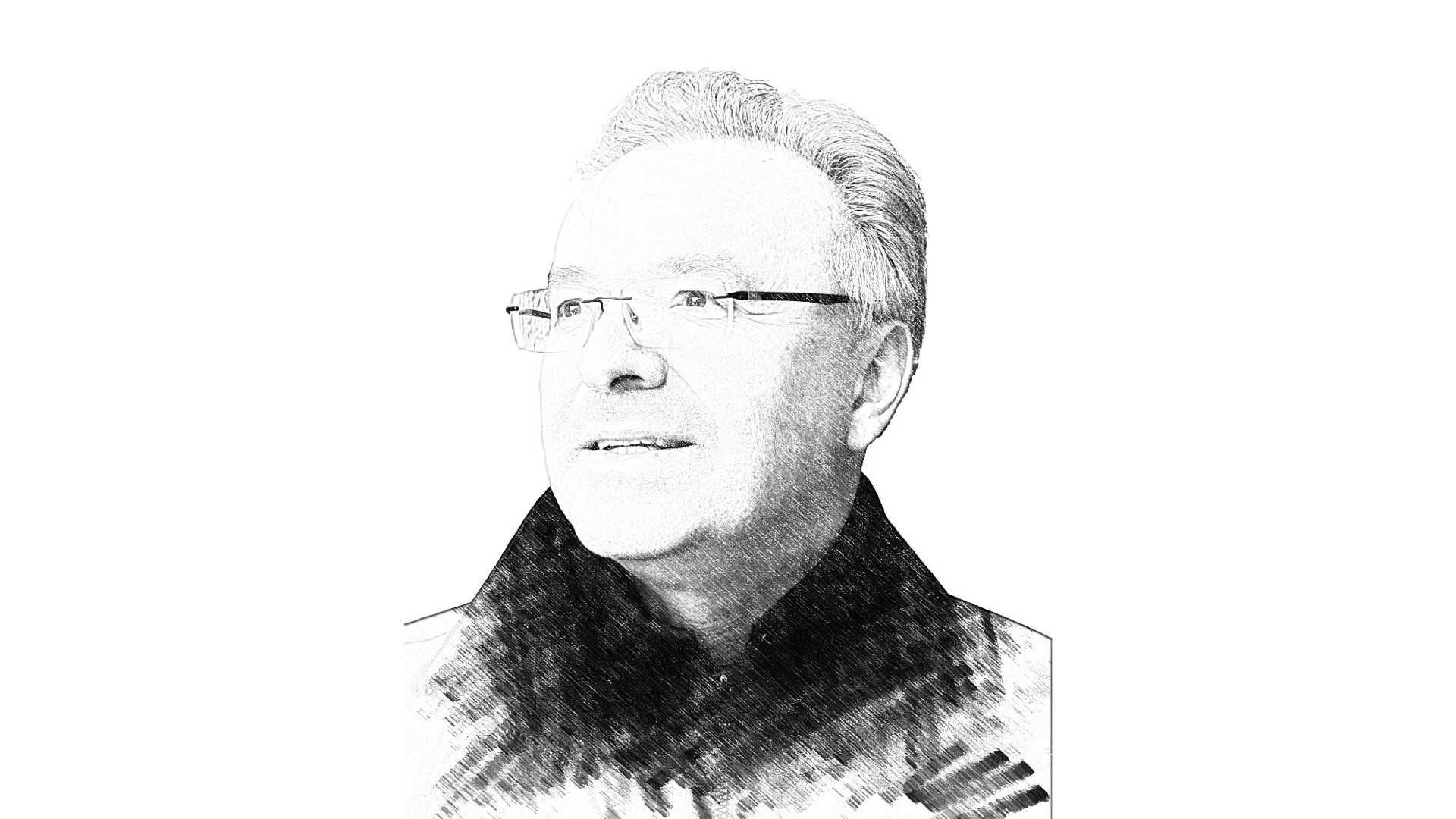The overriding principle is that the population of a country must have trust in digital services. Trust that the system will not be abused by the state. In Estonia, the residents of the country trust the digital services offered by the Estonian state.
Step number one: a secure digital highway must be created. In Estonia, this is called X-tee (even in English it is X-tee, not "X-Road"). Think of a secure digital highway. One must log onto it using an established protocol, but once in, one can send and receive data securely. For example, if you are a lawyer, you must file your court documents digitally and court judgements and decisions are sent to you digitally. As a medical patient, you can check your own health records on the Health Portal or file your tax declaration digitally on the homepage of the Estonian Tax and Customs Board.
Each person must have a unique digital identity, which the digital system must verify, and which allows that person's digital movements or activities to be tracked. Each person is assigned a unique personal identification number. For Canadians and Americans, this is not a big deal. In Canada, think of your SIN (Social Insurance Number). In the US, think of your social security number (SSN). But for many countries and human rights activists, a state-issued number attached to an individual allows the state to very closely monitor the activities of that person. Many countries have taken the decision to not issue unique personal identification numbers (Germany is an example).
Become a subscriber to continue reading!
Every week we bring you news from the community and exclusive columns. We're relying on your support to keep going and invite you to subscribe.
Starting from $2.30 per week.




